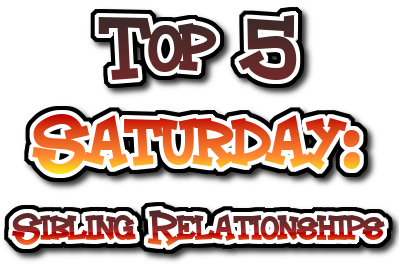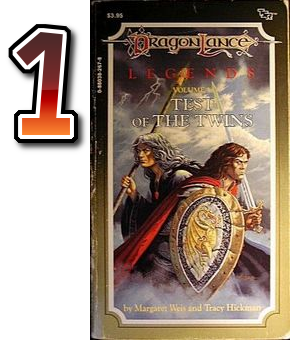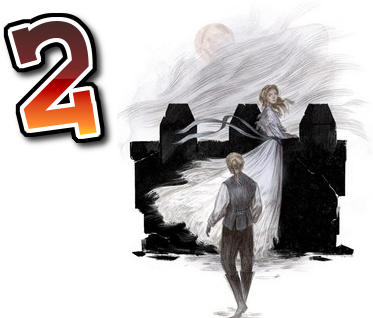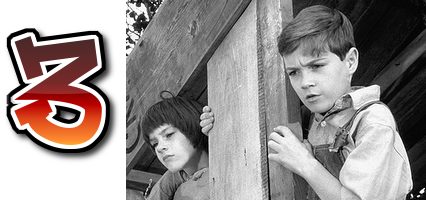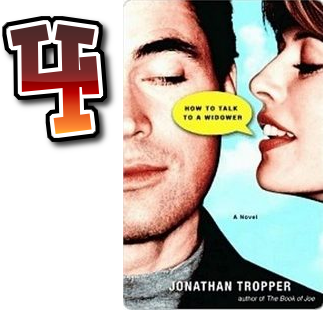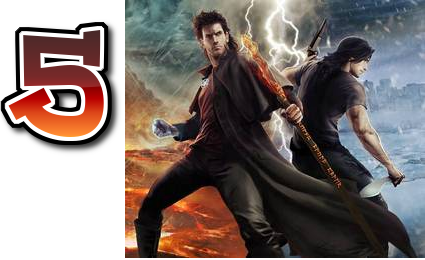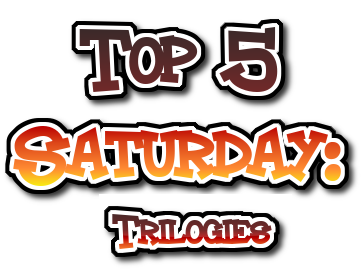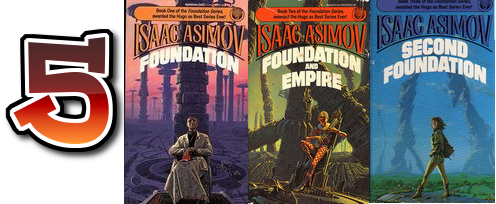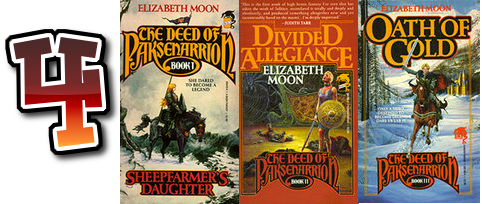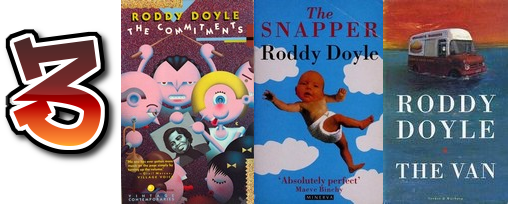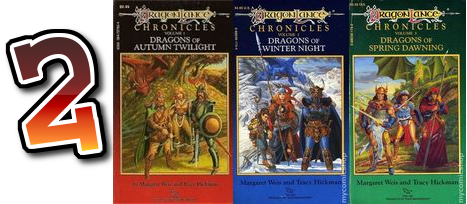When Mars G. Everson and I were talking about the Spotlight I did for his book, Thralls of a Tyrant God, we talked about the possibility of a guest post, too–and he suggested writing something about The Death Gate Cycle. I jumped at the idea (and would definitely jump at the other posts he mentions the possibility of).
I hope you enjoy this–and be sure to check out Everson’s works while you’re at it.
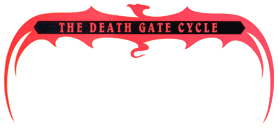
When this blog’s owner mentioned the opportunity to do guest posts, I jumped at the chance to do a review of one of my all-time favorite fantasy series: The Death Gate Cycle by Margaret Weis & Tracy Hickman, mostly known by their hugely influential Dragonlance books. Which is a shame, because I think some of their best works are the non-D&D ones, which include this series as well as Rose of the Prophet and The Darksword Trilogy, which I’ll get into at some later guest post if HC is gracious enough to allow me.
The Death Gate Cycle itself was hugely influential in my own work as a writer and surely influenced many more. It applied sci-fi elements to fantasy from the get-go, as the universe is slowly revealed to be a far-future version of Earth where a battle between two factions of magic users (the Sartan and the Patryn) caused the Earth to be splintered into four elemental worlds, and the Earth’s inhabitants (humans mostly, but also hidden Elves and Dwarves that come back to the forefront after the splintering). In this sense, there are some similarities to The Wheel of Time and to The Shannara Chronicles, but they are surface-level only. There are no immortal souls or chosen heroes. The “heroes” here are all immensely flawed, and the main protagonist of the series only takes center stage in book 2, as we’re exposed to a main character switch from book 1 to book 2 that reminds one of a classic George RR Martin’s bait and switch. The main character turns out to be an antihero who goes from a saboteur and chaos-maker to a freedom fighter and then rebels against his own people’s plans and destiny.
The world-building itself is one of the standouts of the series. The four elemental worlds are well-defined and are revealed in each of the first four books, which act as mostly standalone works tied up by a couple of characters showing up in them. You have an air-based world where humans and elves live in floating coral-like islands and fly on wooden ships with wings; a water-world where a sun circled around, bringing warmth to the underwater settlements; a fire-world where people are living inside the planet, in a kind of hollow sphere with a sun at the center, Dyson-sphere style; and finally a rock-world where lava and poisonous gases are barely held in check by magic to create pockets of breathable atmosphere where people can live. And all these worlds were connected by magic and technology to provide each other with the elements needed to support life until this ancient technology starts failing and each world’s inhabitants face extinction.
The magic system –as we’re used to calling these things now– consists of word and rune-based magic. But it’s all set up so that it’s treated as ancient tech: runes make machines work, or make pillars unbreakable, until the runes are inevitably erased or eroded. There is some degree of human, elven, and dwarven magic and technology, but it’s mostly secondary to the high achievements of the Sartan and the Patryn.
Now, where would this series be categorized today? Would it be “Grimdark”? Sure, there’s some cynical thinking behind the world, with no true “good” characters and some blatant disregard for people’s lives. Would it be “sci-fantasy”? Doubtful. Epic? Mm, if you wiggle around the definition, sure.
But whatever bookshelf you wanna put it in, this is a must-read series for fantasy readers and especially for fantasy writers to sink their teeth into.

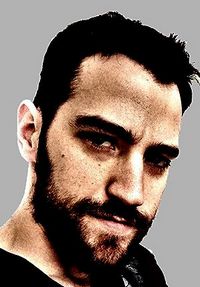 Mars G. Everson is the author of the grimdark trilogy “The God Engine”, the standalone sci-fi novel “The Name of the Shadow” and a collection of short stories.
Mars G. Everson is the author of the grimdark trilogy “The God Engine”, the standalone sci-fi novel “The Name of the Shadow” and a collection of short stories.
He writes Sci-fi, Fantasy, and especially likes writing a mix of both. His favorite authors in those realms are Ursula K. Le Guin, Arthur C. Clarke, J.R.R. Tolkien and Brandon Sanderson. He became a writer mainly so he could put his name in the same paragraph as those writers. Mission Accomplished!
He would like to live in a time where technology is indistinguishable from magic. Luckily, reality is turning that way really fast. The bad part: reality is turning that way really fast.
He lives with his wife and superhero sons somewhere in America, when not traveling around this world and others in the multiverse to learn as much as he can about the human experience.
Social Media
![]()


